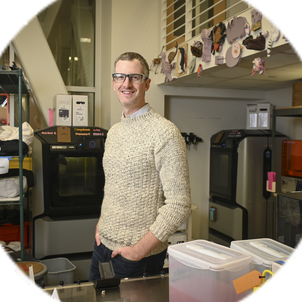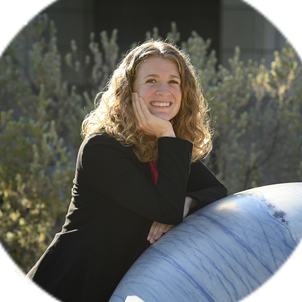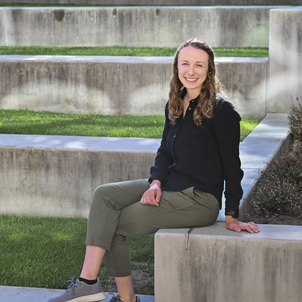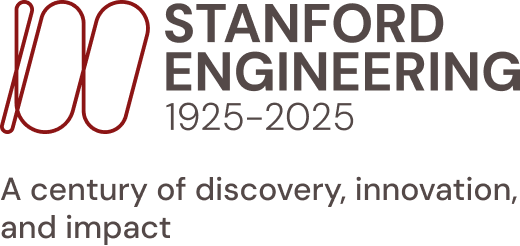They need a source of supplemental income so they can buy regular staples. Mushrooms have a good nutritional profile, they aren’t labor intensive, they don’t need arable land to grow, and they can grow year-round. So, we’re working to make a reliable and readily accessible system for mushroom production, so it is easier for farmers to start growing mushrooms. People can sell mushrooms to make money. We found that there is a large demand for mushrooms but the growers have trouble providing a consistent supply. Currently, the mushroom grow houses are expensive, time-consuming, and inefficient in maintaining conditions necessary for mushrooms. Our grow house is something that anyone can build, and given the community-oriented nature in Rwanda, it’s something people can build with their family.
Our prototype is made of earthbag walls. We sewed rectangular bags from linen sheets. Our growers will fill the bags with dirt and then stack them up to make a modular grow house. The mushroom substrate tubes are placed inside and sprayed with water twice a day. Our prototype provides a cool, humid growing environment for growing mushrooms and protects them from pests. We hope this method helps remove financial and technical barriers that may be keeping people from growing mushrooms.
Related spotlights

Dan Somen

Sonia Martin


